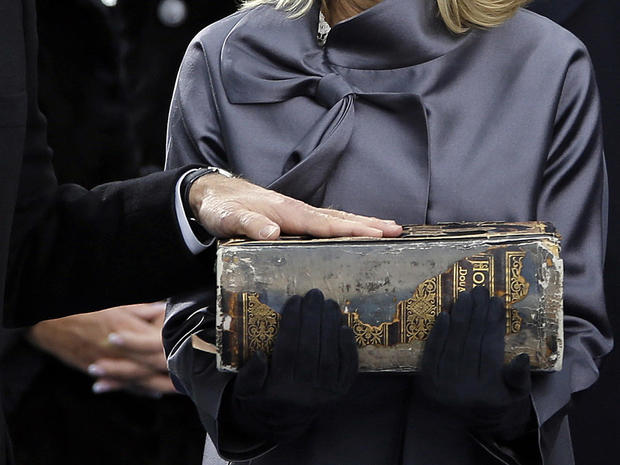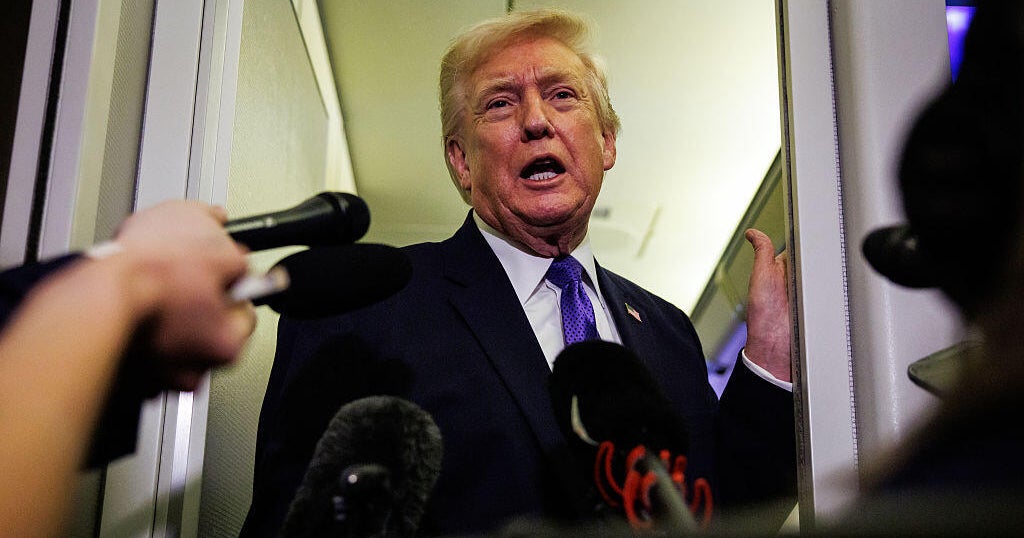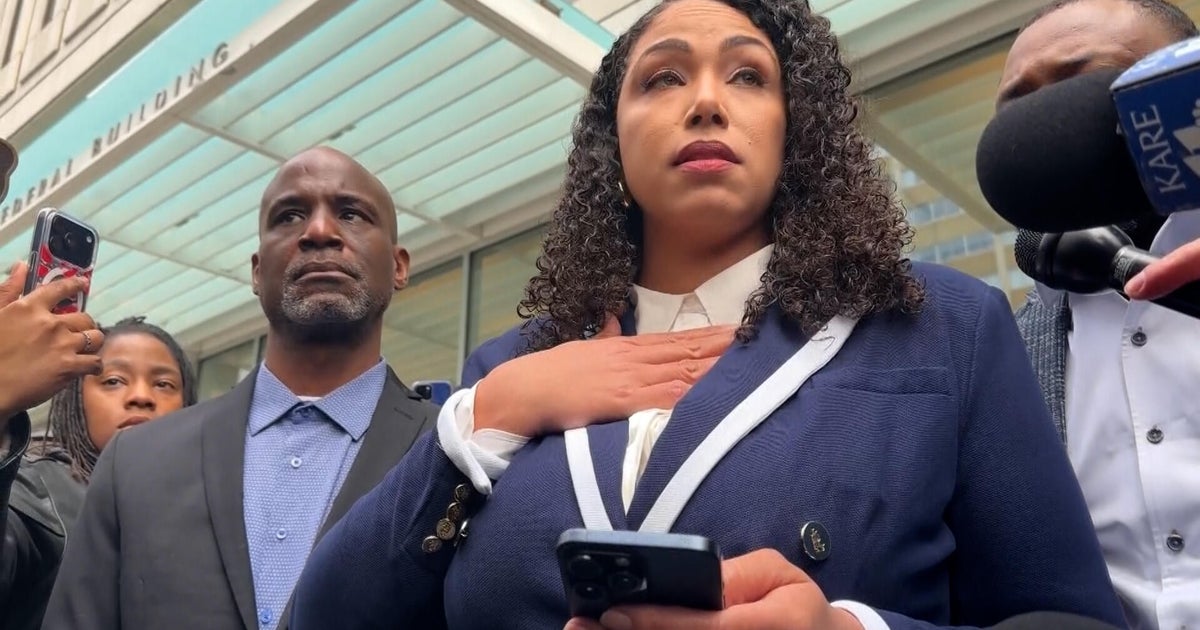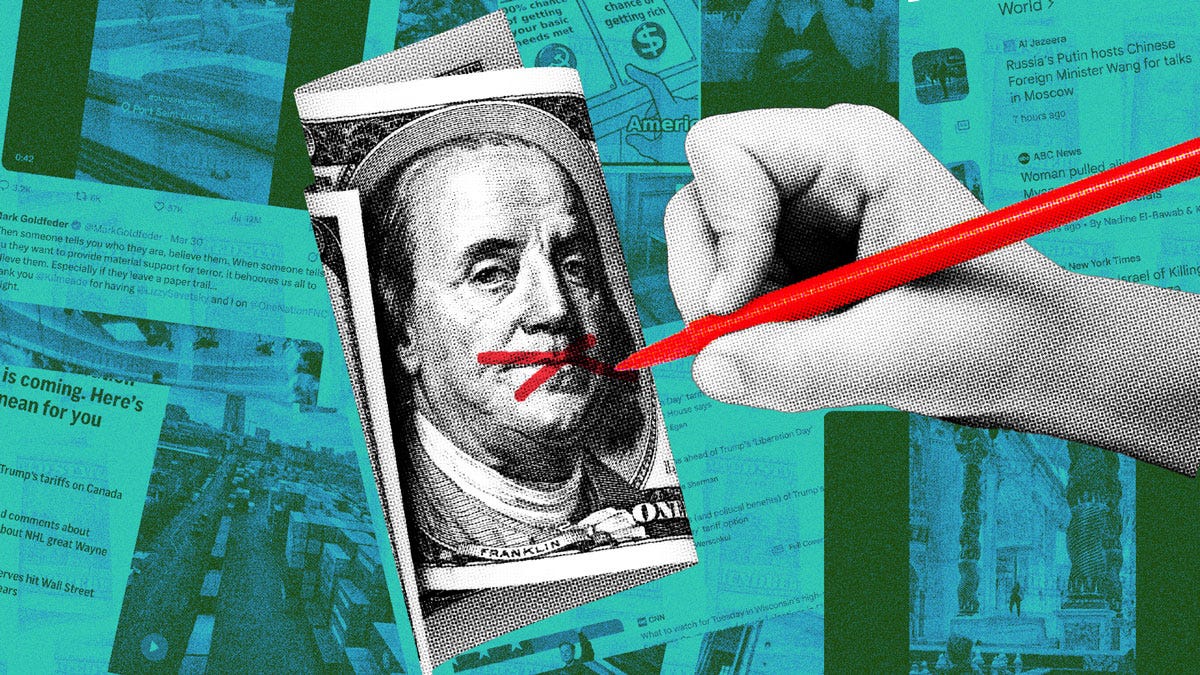Inauguration 2021: The task for Joe Biden, and for America
When Joe Biden raises his hand to take the oath of office, he will replace a president better known for raising his fist, at his inauguration and on January 6. Biden will soon stand on the same steps that his predecessor turned into a crime scene..
Capital halls once filled with schoolchildren in backpacks are now filled with the bivouacked. Bunting replaced by barricades. Parades with plywood. No amount of American flags will be able to cleanse the memory of its use in the attack.
"I think the sense that many Americans have had since the beginning of the pandemic, that we are living through an unprecedented crisis, has really exploded into something even bigger," said Harvard professor Jill Lepore.
She uses the word "unprecedented" carefully. Author of a sweeping account of America ("These Truths: A History of the United States"), she has a historian's slow pulse. But, she says, the word fits our times.
"I think a comparison would be 9/11, which in many ways is a very different political moment and an entirely different instance of violence," Lepore told "60 Minutes" correspondent John Dickerson. "It's essentially an act of war. But I think at that time, Americans understood that something profoundly had changed.
"I think we will remember the 6th of January in that same way, that it is a day when everything changed, when the unthinkable became possible in the United States."
"It was, at least by one reading, the president inciting a mob to go after the legislature," said Jamelle Bouie, a columnist for The New York Times. "Even with the president out of office very soon, it'll still be a crisis, not because he's there, but because we have learned something about the political system. We have learned something about what is possible, and what at least some faction of American voters and American lawmakers believe about the nature of our democracy, which is that, if they cannot win, then the person who does or the party that does isn't legitimate."
Bouie referred to Abraham Lincoln's 1858 "A House Divided" speech ("A house divided against itself cannot stand"): "And, you know, like, contemporary discussion of that, or in popular discussion, 'house divided' usually refers to sort of political division. But the literal metaphor was, 'A house cannot stand that way; it must be one thing, or it must be the other thing.'"
Dickerson said, "Right, the 'House Divided' speech is not, 'Now, let's all come together'; it's, 'One side has to win this argument.'"
"Right. And there's no alternative over a long time horizon in which we can have a faction of Americans who look at the Capitol attack and see that as something to emulate or something to repeat, as something that's laudatory. Like, that cannot coexist with Constitutional government as we understand it," Bouie said.
Washington Post columnist Michael Gerson said, "We have a politics that is very much viewed as a team sport right now. The greatest problem is giving aid and comfort to the other side, instead of, you know, talking across those differences."
Gerson was the lead writer of President George W. Bush's 2001 inaugural speech: The address came after the bitter 2000 election which had been decided by the Supreme Court:
"America has never been united by blood or birth or soil. We are bound by ideals that move us beyond our backgrounds, lift us above our interests, and teach us what it means to be citizens."
"I went back and read the speech just recently," Gerson said, "and I found myself choking up, not just because of the words, but because that was a realistic prospect at that moment, that we could have national healing based on shared national values.
"My concern right now is, is that a naïve approach? You know, is the assertion of common values going to be accepted by a country that lives in different cultures and ways of life?"
The problem, said Gerson, is that President Trump and the Republican Party have inflamed politics to such a temperature that it can't be lowered.
"Well, I do think that apocalyptic language is one of the worst problems in our politics – this view that, if you lose, that the country is lost," Gerson said. "That is a way to motivate turnout. It is also a way to destroy the institutions of the country."
President Trump's apocalyptic theater, with himself as the protector of Christianity, played out last summer on the very spot where Mr. Biden will start his Inauguration Day: St. John's Church, just steps from the White House.
"Politics needs to be supple; there needs to be give-and-take," said Lepore. "You have to be able to tolerate the political opinions of your political opponents. They have to be legitimate opinions. They can't be heresies. And that merging of religion and politics over the course of the 20th century, you know, we see the cost of that now."
In 1801, after one of America's ugliest political campaigns, Thomas Jefferson sought to turn down the flame. "Every difference of opinion is not a difference of principle," he said in his inaugural address, promising stability because "error of opinion may be tolerated where reason is left free to combat it."
But is reason still up to the task?
Lepore said, "If you attack the institutions that produce and diffuse knowledge, if you attack them as having no knowledge, you kind of get to this moment where you've undermined the very idea that there is such a thing as knowledge."
The new Biden administration may benefit by simply offering a steady stream of useful information – potentially reviving the long-forgotten "slow news day."
Said Lepore, "You actually just have to show up, have actual information, bring people in who are doing their jobs, and answer the questions that the press and the public have."
"'Just the facts, ma'am' governing?" asked Dickerson.
"Yeah," she laughed. "I do actually think that goes pretty far."
The harder task for the incoming administration will be speaking to the voters who fear it.
Gerson said, "I think that that's gonna be his main task in this inaugural, is to speak to Americans who don't feel even related to this experiment anymore, and tell them they have a stake and that they're valued in this system. I think you have to allow room for people that have supported Trump over the years to find a different way of doing politics. You know, you can't dismiss them as forever tainted.
"Rhetoric can do a lot to try to create the space for sanity. And that's, I think, what they should be looking for right now, is a way to give a refuge (a rhetorical refuge) for those who want to serve the country."
Joe Biden will be inaugurated on the scar of insurrection. But the wound at the Capitol will be at his back. In front? The road to convalescence found in the millions who marched, rallied and voted peacefully; and the officials who protected the vote. They joined a weary army already keeping the faith – first responders and our neighbors carrying us through a year of the pandemic.
Inaugurations are a grand re-opening of the American Experiment, where hope lies not in those who broke with its standards, but those who – while feeling broken – upheld those standards.
For more info:
- Jill Lepore, Department of History, Harvard University
- "These Truths: A History of the United States" by Jill Lepore (WW Norton), in Trade Paperback and eBook formats, available via Amazon and Indiebound
- Jamelle Bouie, The New York Times
- Michael Gerson, The Washington Post
Story produced by Ed Forgotson. Editor: Remington Korper.




